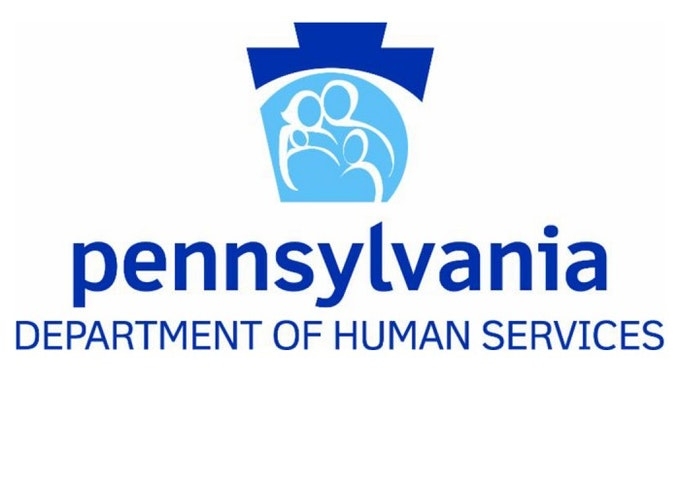The Pennsylvania Department of Human Services supports healthy, safe, and equitable living by offering services, care, and support, to vulnerable families in Pennsylvania.
Shortly after Oliver Wyman Principal, Elizabeth Southerlan, moved back to Pennsylvania to be closer to family, the state’s governor, Tom Wolf, declared an executive order to address health equity across the state – a growing area of passion and expertise for Elizabeth.
Barriers to health equity exist across medical, social, and policy-driven determinants of health. Working with local stakeholders across each of these areas was powerful and necessary to increase impactElizabeth Southerlan, Principal
Elizabeth connected with the governor's chief of staff, a friend of hers, to see if Oliver Wyman could help Pennsylvania reach their health equity mandate. She was put in touch with Dr. Jacobs, then Pennsylvania’s Chief Innovation Officer and Chief Medical Officer, who was thrilled to have Oliver Wyman’s support on any of the ongoing workstreams. The Oliver Wyman social impact team, led by Elizabeth, determined that the area in which they could have the most impact was through driving an analytically charged identification process. This process was used to identify areas of greatest health disparity, called “Health Equity Zones” or HEZs. The project was kicked off by driving workshops with 5 different “Regional Accountable Health Councils” or “RAHCs,” each representing a specific part of the state and consisting of stakeholders from all of PA’s Managed Medicaid organizations. These workshops to select the HEZs were supported by data-driven, transparent, analytically rigorous exercises to conclude which areas in the state were experiencing the greatest health inequities.
After finalizing the zip codes included in each of the ~20 HEZs identified, the team conducted root cause assessments that analyzed the related policy, medical, and social determinants of health (SDOH) that most contribute to health issues such as housing, transportation, food access, job security, and race. Through their research, the Oliver Wyman team built an extensive fact base of interventions that have demonstrated and documented success in overcoming barriers to equitable health care.
The Department of Human Services greatly appreciated Oliver Wyman’s role in the identification of upstream root drivers of downstream inequities across Pennsylvania. The analysis helped identify areas with profound levels of inequities, called 'health equity zones,' and helped drive discussions across several different stakeholders as to how we could address themDr. Jacobs, Former Chief Medical and Chief Innovation Officer

